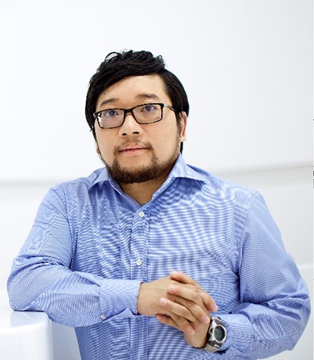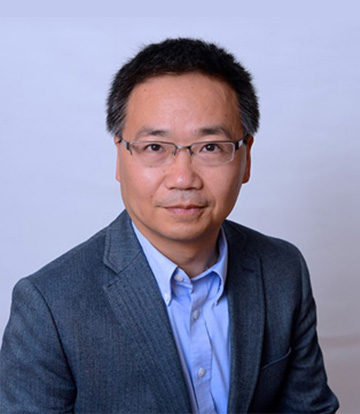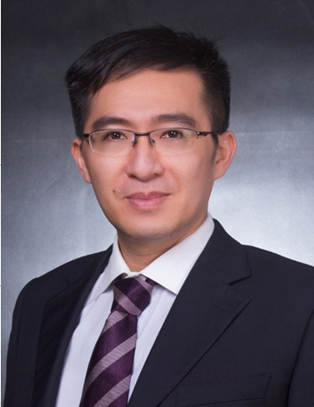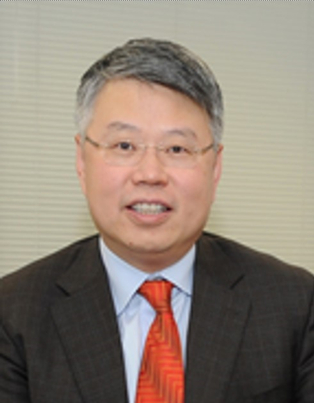





Prof. Qi-Jing Li is a molecular immunologist at Duke University Medical Center. He was trained by Dr. Mark Davis at Stanford University, where he initiated his scientific career as a T cell biologist.
Prof. Li’s early research focused on the sensitivity of the T cell antigen receptor (TCR). He made a series of contributions in determining the minimal subunit and rate-limiting step of TCR antigen recognition. His pioneer work introduced microRNA into the immunology field and determined that miR-181a was an intrinsic master regulator for T cell sensitivity. In 2008, Prof. Li started up his own lab at Duke, where he continued his research in the field of autoimmunity and tumor immunology. Taking microRNAs as tools for discovery and targets for immunomodulation, his work has been focused on regulatory mechanisms during T cell functional differentiation, as well as interplays between T cells and the tumor microenvironment. On the front of translational medicine, Prof. Li has been continuously establishing new technology platforms, engineering new cell therapy tools and developing them to the clinical stage for immunotherapy and immune monitoring. He has published more than 75 papers in high profile journals including Annual Reviews in Immunology, Cell, Nature, Nature Medicine, Nature Immunology, Nature Cell Biology, Nature Communications, Immunity, Journal of Clinical Investigation, Science Signaling, P.N.A.S, Blood, etc.
Prof. Li has rich experience in cell immunotherapy and translational medicine. He has led or participated in multiple clinical trials in China and the US. As a scientific consultant, whose work demonstrated clinical excellence and received IND approval from CFDA.

Prof. Pin Wang is a leading scientist in the field of immune engineering and targeted gene/drug delivery. He has published more than 70 papers in top-tier journals including Nature Biotechnology, P.N.A.S, Nano Letter, ACS Nano, Gene Therapy, Human Gene Therapy, Molecular Therapy, J.A.C.S, Pharmaceutical Research, Vaccine, Biomaterials, Molecular Pharmaceutic. He has 4 patents under approval by USPTO. The DC targeting lentiviral vector developed in his team has entered Phase I clinical trial NCT02122861.
Prof. Wang has long been engaged in translational research and is an entrepreneur dedicated to the industrialization of basic research. He has co-founded 3 biotech companies in the United States: Immune Design, EvoRx Technology, and Vali Nanomedical. Immune Design eventually entered IPO at NASDAQ and was acquired by Merck in 2018.His team has profound experience in next generation cancer vaccines and CAR-T design, as well as high-performance viral product manufacturing.

